The 100 Best and Worst Cities in America for Mental Health
WITH THE GLOBAL-pandemic-slash-economic-collapse-slash-political-unrest of the past year, we’ve been thinking a lot about mental health. What it means; how we can improve it; and where people seem the healthiest.
Our analysis of 100 major American cities factored in per capita mental-health-care providers, fit-brain behaviors (sleep, physical activity, no excessive drinking), deaths due to mental disorders and substance abuse, and people reporting they feel mentally healthy (hello, California).

Here was our methodology: Self-reported mental-health-status scores accounted for 35 percent of our weighted rankings. The prevalence of supportive mental-health behaviors (hours of sleep, physical activity, the absence of excessive drinking) and the ratio of mental-health-care providers to residents each made up 20 percent. Rates of suicide and mortality from mental-health and substance-abuse disorders accounted for the remaining weight.
For sources, we used the following: 500 Cities Project, Behavioral Risk Factor Surveillance System, CDC Wonder, Centers for Medicare & Medicaid Services, County Health Rankings, Institute for Health Metrics and Evaluation, World Well-Being Project.
And before we present you with the full list of cities, let’s smile upon a few standouts within the top ten.
The Fourth Mental-Healthiest City: Durham, North Carolina
It’s about care. This city scored high on the ratio of mental-health providers to residents. Beyond a broad range of services for individuals and families, Durham County also offers El Futuro, a mental-health organization for Latino people, and the free Day 2 Day Dads program, which coaches fathers to improve relationship bonds.
The Sixth Mental-Healthiest City: Bridgeport, Connecticut
Residents of the so-called Park City had some of the best mental-health metrics in our analysis. They reported high levels of well-being and infrequent mental distress. All those parks may have an effect. Bridgeport has almost 1,300 acres of them. According to a 2020 study from NYU, living close to a park that feels safe can help reduce depression and anxiety—largely by encouraging exercise.
The Seventh Mental-Healthiest City: Washington, D.C.
Only SF and Anaheim bested D. C. when it came to residents’ self-reported well-being. And although D. C. can be an expensive place to live, it’s home to a host of free support initiatives, like those provided by the National Alliance on Mental Illness, the Depression and Bipolar Support Alliance, and the Career Academic Psych-Rehab Services program.
The Mental Health of 100 U.S. Cities, Ranked
1. Oakland, CA
2. San Francisco, CA
3. San Jose, CA
4. Durham, NC
5. Anaheim, CA
6. Bridgeport, CT
7. Washington, DC
8. Seattle, WA
9. San Diego, CA
10. Minneapolis, MN
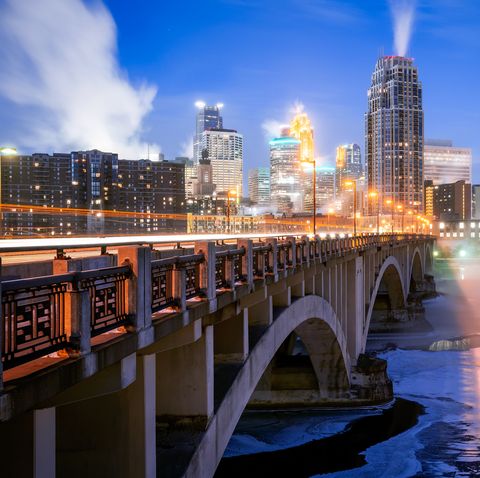
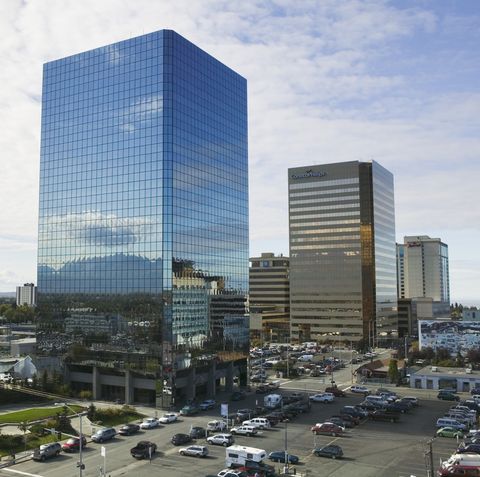
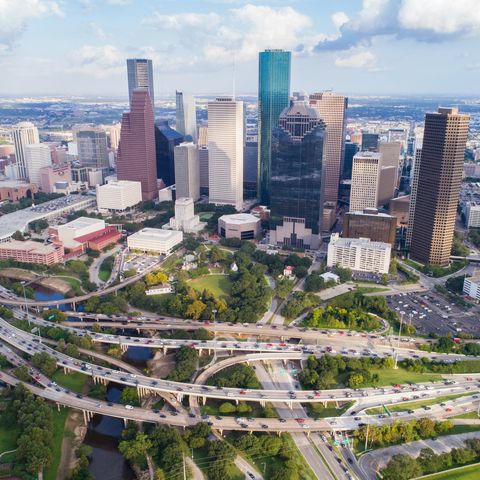
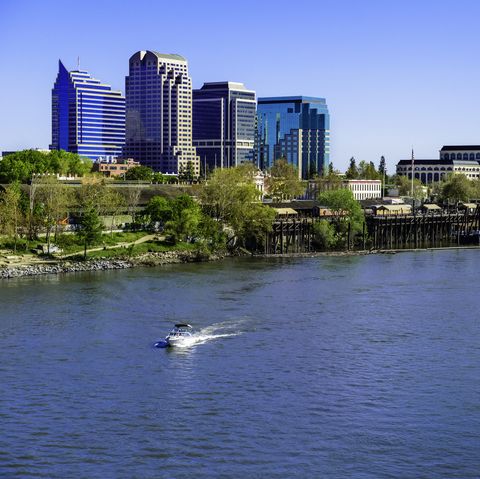
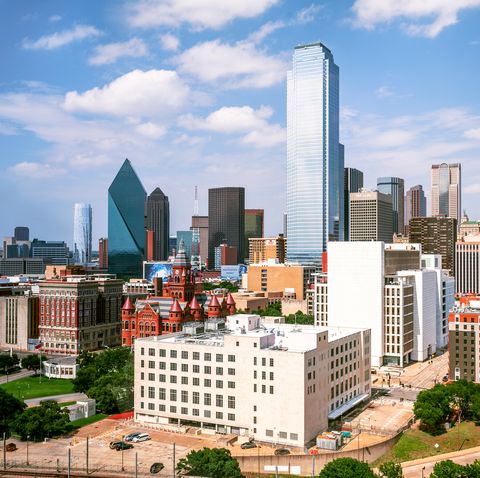

61. Des Moines, IA
62. Manchester, NH
63. Jackson, MI
64. Fresno, CA
65. Laredo, TX
66. El Paso, TX
67. Memphis, TN
68. Las Vegas, NV
69. Fort Worth, TX
70. Cleveland, OH
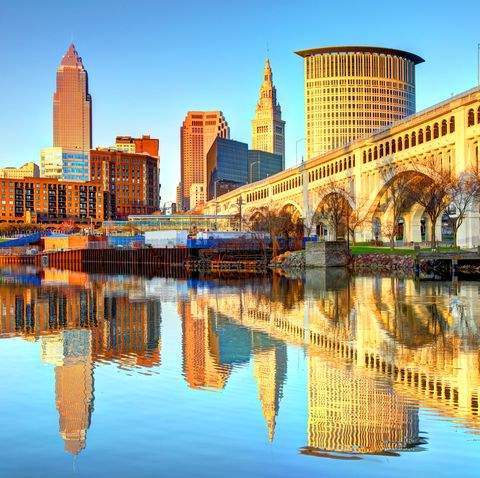

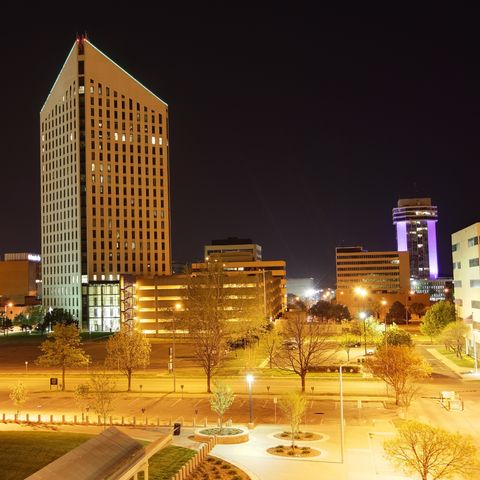
A version of this article originally appeared in the May 2021 issue of Men’s Health.
Source: Read Full Article


